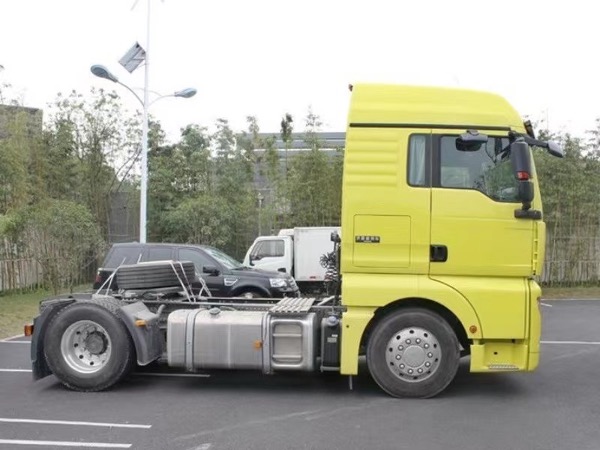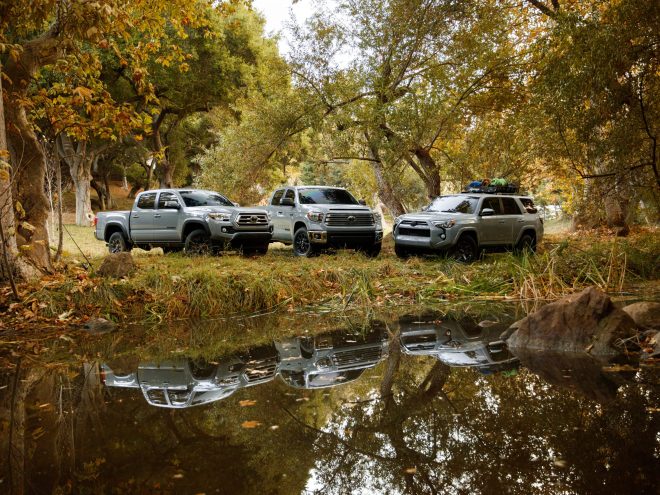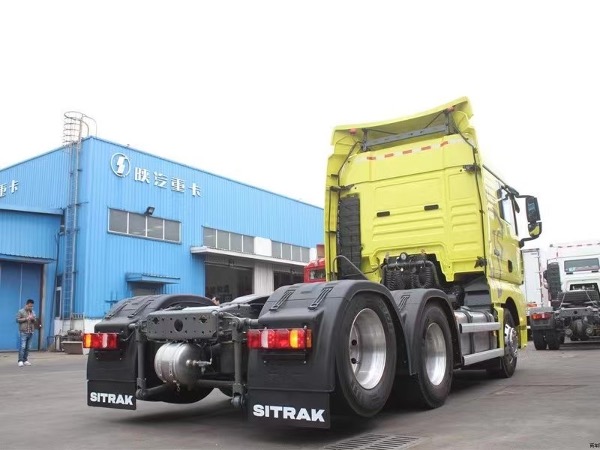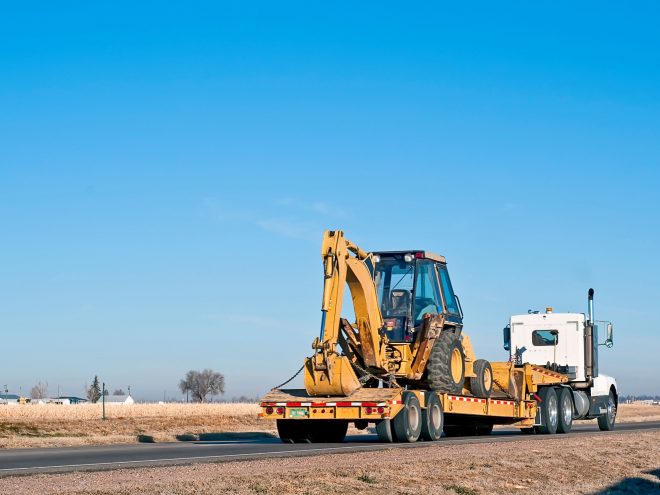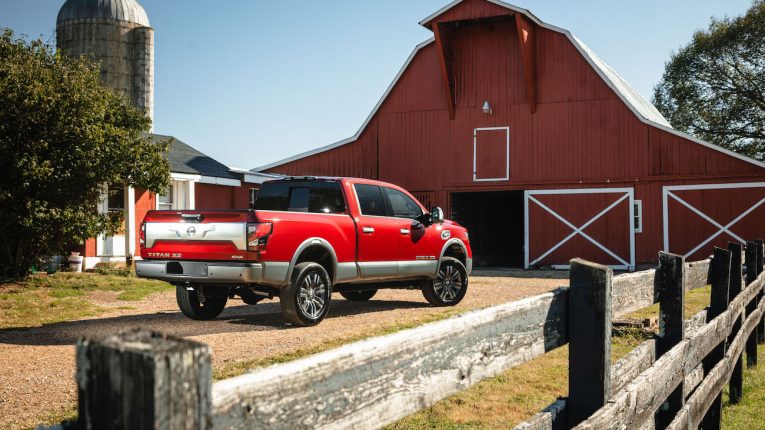
What are the Most Often Replaced Truck Parts?
Trucks are a feature on the roads of the USA, and a welcome one at that. Road freight delivers the vast majority of goods used by US consumers. This is because it is the most direct and cost-effective way of moving large amounts of goods from coast to coast, and north to south. Trucks come in a wide variety of sizes – let alone different makes and power levels – yet every one of the many thousands of trucks plays its part.
It’s no secret that a truck needs maintenance on a different level to a regular road car. This is down to the incredible number of miles an average truck covers in each year. Though robustly built, trucks use many consumable parts have a limited mileage, so what are the most often replaced ruck parts?
We’ve looked at information provided by truck part makers and maintenance providers ad have put together a list which, when we think about it now, should not be a surprise! Here are he most often replaced truck parts, and why that is the case.
Tires
How long do the tires on your car last? You probably don’t think about until you take it for its regular inspection and the garage tells you that it needs new tyres. On average, a set of car tyres – on a regular family car driven sensibly and not in adverse conditions – will last around 20,000 miles. Now, think about how many miles you do a year. That’s a couple of years of quite heavy use, or perhaps three. The average heavy-duty truck in the USA does 91,000 miles in a year – more than four times the lifespan of your car tyres!
That tyres are regularly replaced on trucks should become obvious when you think of all the times you’ve been driving the highway and seen shredded rubber by the side of the road. That’s a major hazard with heavy vehicles, and that’s why tires are changed regularly. However, truck tires are not the same as car tires: they are built to last longer. A set of truck tires should, under normal circumstances, last 100,000 miles – five times more than your sedan tires. But that’s just about a year, so yearly changes are the norm.
Clutch
The clutch on a truck has a hard life. Across those 91,000 miles in a year it will be used hundreds of thousands of times, often in quick succession. Think of the among of energy that goes through a truck clutch – or even a car version – and the level of stress it is under.
The clutch and transmission on a truck do some of the hardest work of all the parts, having to deliver power to the drivetrain from the engine. The stress is amazing, but these things are built with high levels of stress in mind. For the record, truck clutch systems – again assuming regular and correct use and no riding the clutch – should give the driver 200,000 miles, so that’s around 2 years use.
Brakes
Tires match the truck with the road, the clutch gives power from the engine to the wheels, and the brakes stop this massive, heavy vehicle in as short a distance as possible! The brake pads specifically are the part taking the bulk of the wear here, but you might be surprised to read that truck brakes should last – in sensible and normal use without excess or mishaps – around 3 to 5 years! These are seriously heavy-duty items that do a job that is more than important, and that keep everyone on the road safe.
Some Final Words
So, tires, clutch and brakes are the items that are replaced the most often on heavy duty trucks, and that should come as no surprise as they do take the most strain. In addition to those items, other parts of the system associated with them will need to be replaced every now and then, but all in all a truck is a surprisingly durable vehicle.
Given the future of trucks is much under discussion at present it’s worth considering the many suppliers, fitters and manufacturers of truck parts whom we have to thank for keeping our precious trucks on the road.
